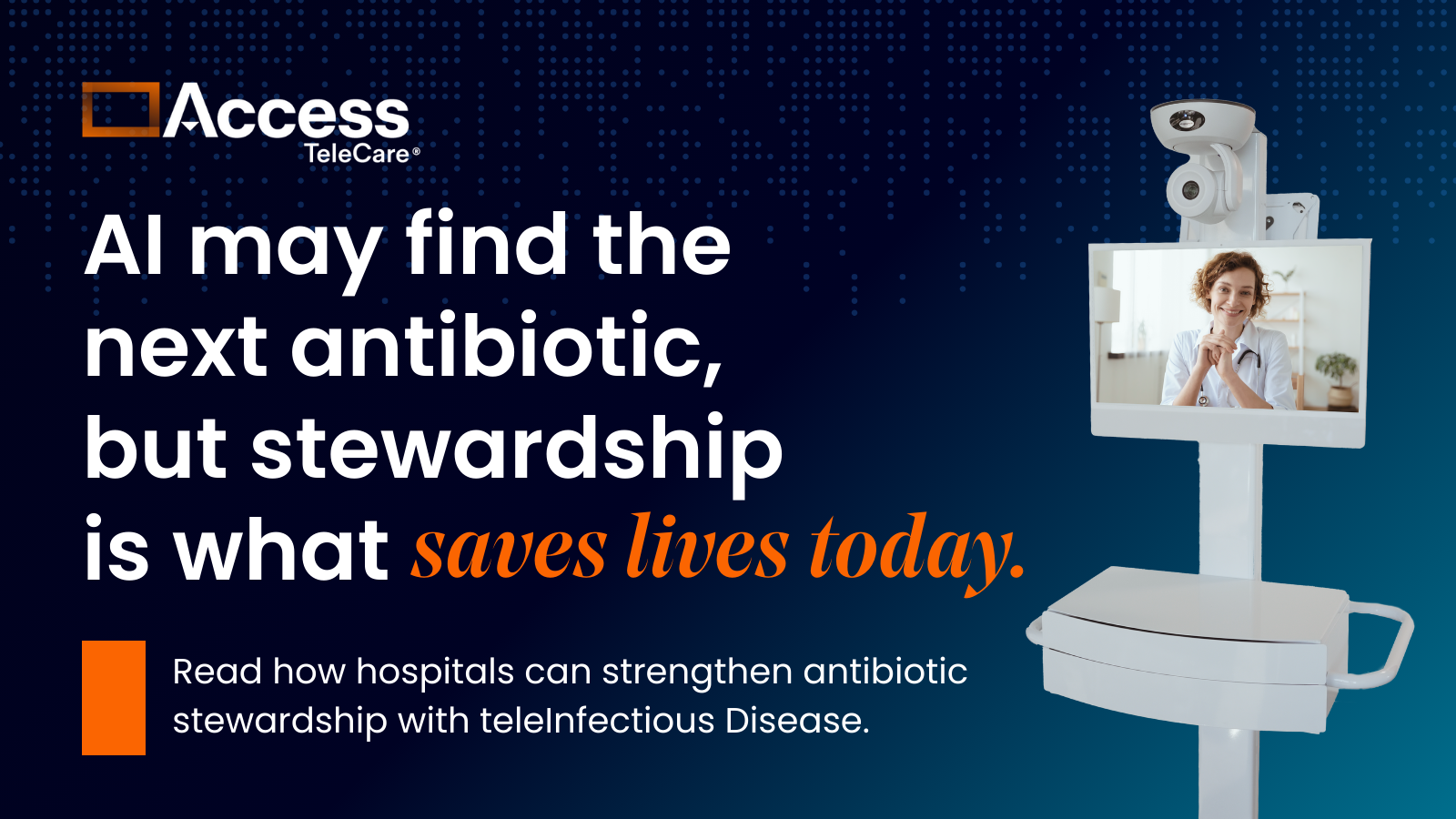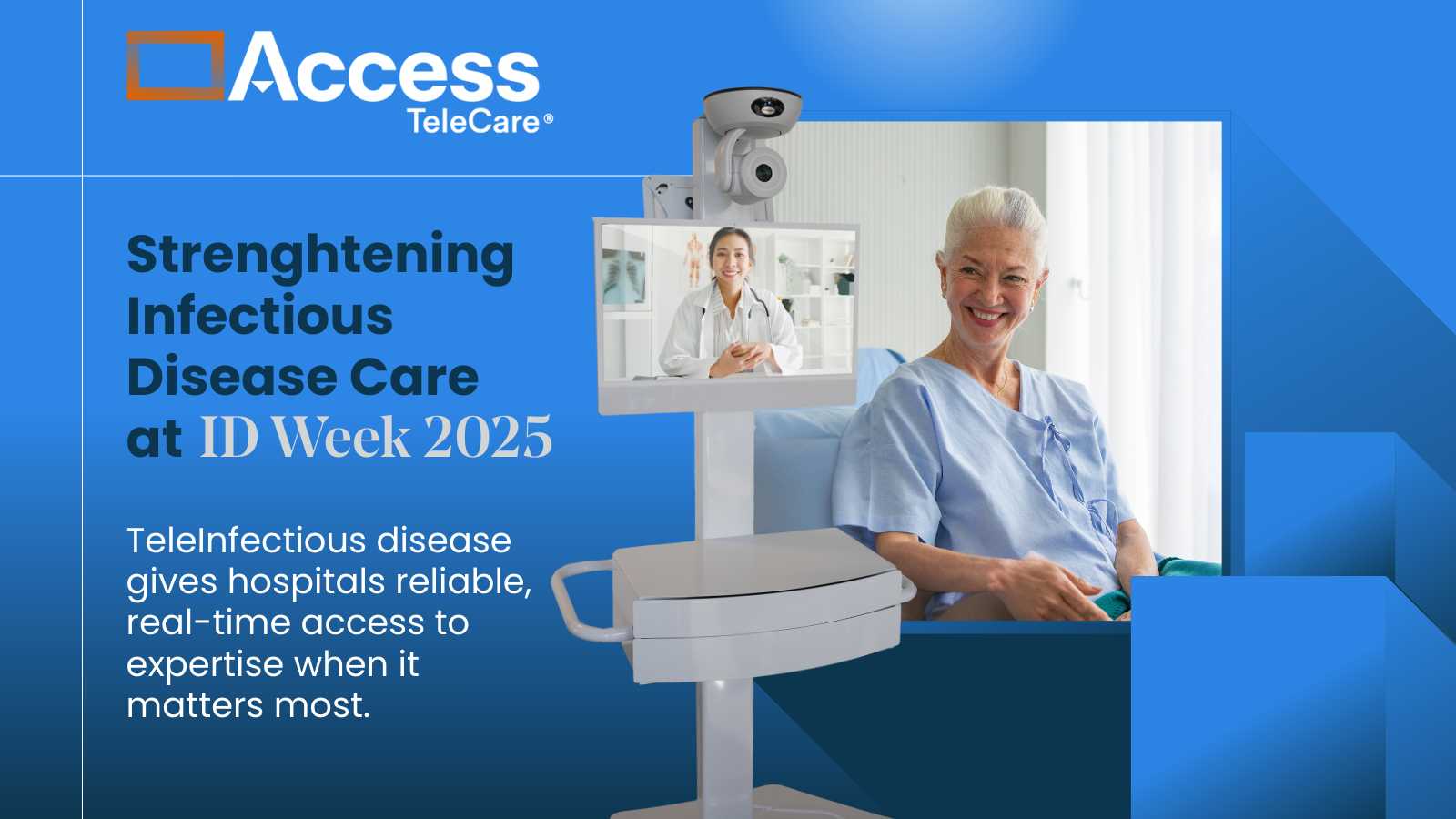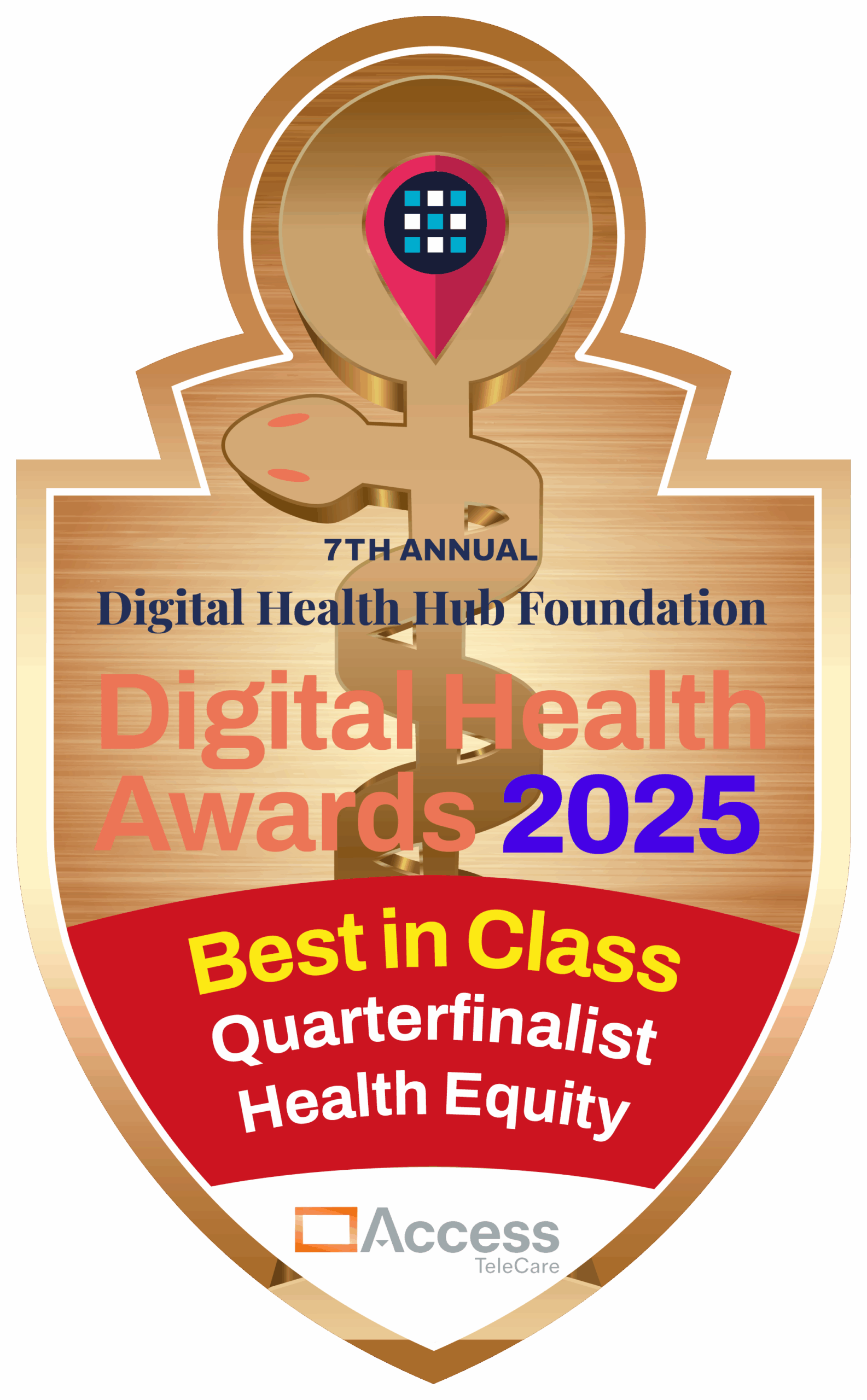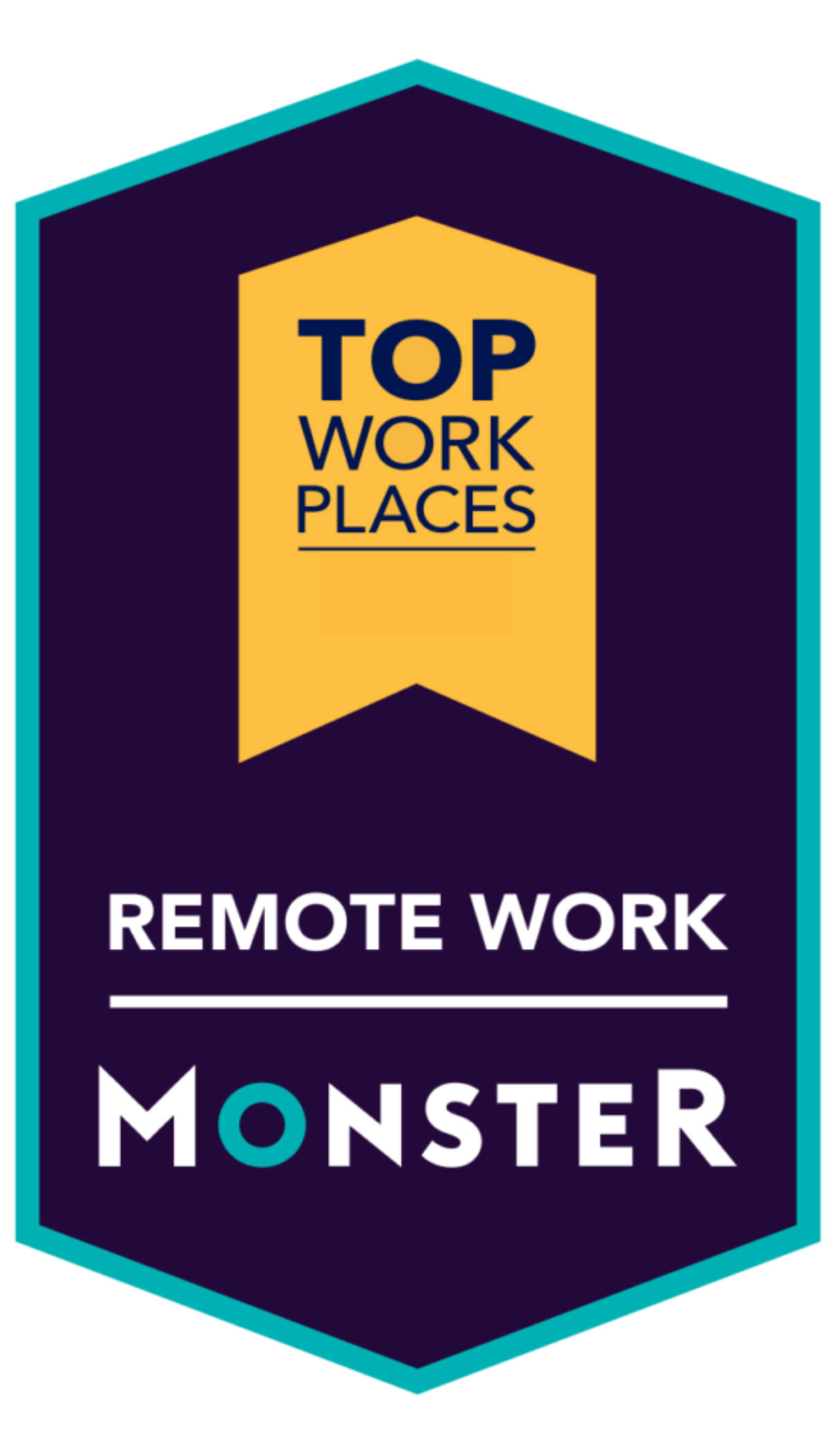Access TeleCare’s board-certified telemedicine infectious disease specialists often say they act like detectives, pursuing different lines of questioning to find an answer and diagnosis.
Access TeleCare’s Infectious Disease Telemedicine Specialists Solve Complex Infections
For patients presenting with complex symptoms and antibiotic resistance, timely access to infectious disease experts makes all the difference. Dr. Jade Le, Access TeleCare’s chief of infectious disease, recounted a patient that presented with a fever of unknown origin. The patient was administered a broad spectrum of antibiotics, but the patient’s fever kept spiking, prompting a closer look at the details.
“As soon as I saw the patient I asked them what they did for work,” Le recalled. “The patient turned out to be a veterinary assistant, routinely working with raccoons, squirrels, chickens, and all manner of animals. And that was the key.”
Dr. Le’s telemedicine examination and questioning led to a diagnosis of murine typhus, a bacterial disease spread to humans by fleas. Once the correct course of antibiotics was ordered, the patient’s fever disappeared within 48 hours. Before Dr. Le’s consultation and examination, the disease was nowhere near the on-site team’s radar. If left untreated, the patient’s infection and symptoms could have lingered for weeks or even months.
“What animals do you come into contact with? Have you been bitten by an insect? These details are clues that can make a huge difference in patient outcomes,” said Dr. Le. “Telemedicine enables us to quickly see patients and allows for the attention to detail that expert infectious disease care requires.”
Overcoming the Shortage of Infectious Disease Specialists to Reimagine Local Specialty Care
When Piggott Health System, a 25-bed critical access hospital in rural Arkansas, launched an infectious disease telemedicine program with Access TeleCare, hospital leaders were astonished at just how effective the program was and how quickly staff and patients embraced telemedicine as the solution to the local shortage of infectious disease specialists.
“There’s no reason that someone’s zip code should determine their access to the best clinical resources,” said James Magee, Executive Director of Piggott Health System.
With telemedicine, the hospital is able to treat more complex patients with a range of infectious diseases, including difficult, unusual, or complicated bacterial, fungal, viral and parasitic infections such as meningitis, sepsis, complicated urinary tract infections, pneumonia, cellulitis and abscess, surgical site infections, osteomyelitis, prosthetic joint infections, transplant infections, and HIV. Once a diagnosis is achieved, Access TeleCare’s infectious disease specialists coordinate care and treatment plans with on-site staff, reducing unnecessary transfers and providing a deep level of infectious disease expertise.
The ability to diagnose and treat such a broad spectrum of diseases locally is crucial — infectious disease rates are on the rise and a persistent shortage of infectious disease specialists inhibits timely care for communities across the country. Eighty percent of U.S. counties lack even a single infectious disease specialist, meaning 205 million Americans live in an area without infectious disease care.
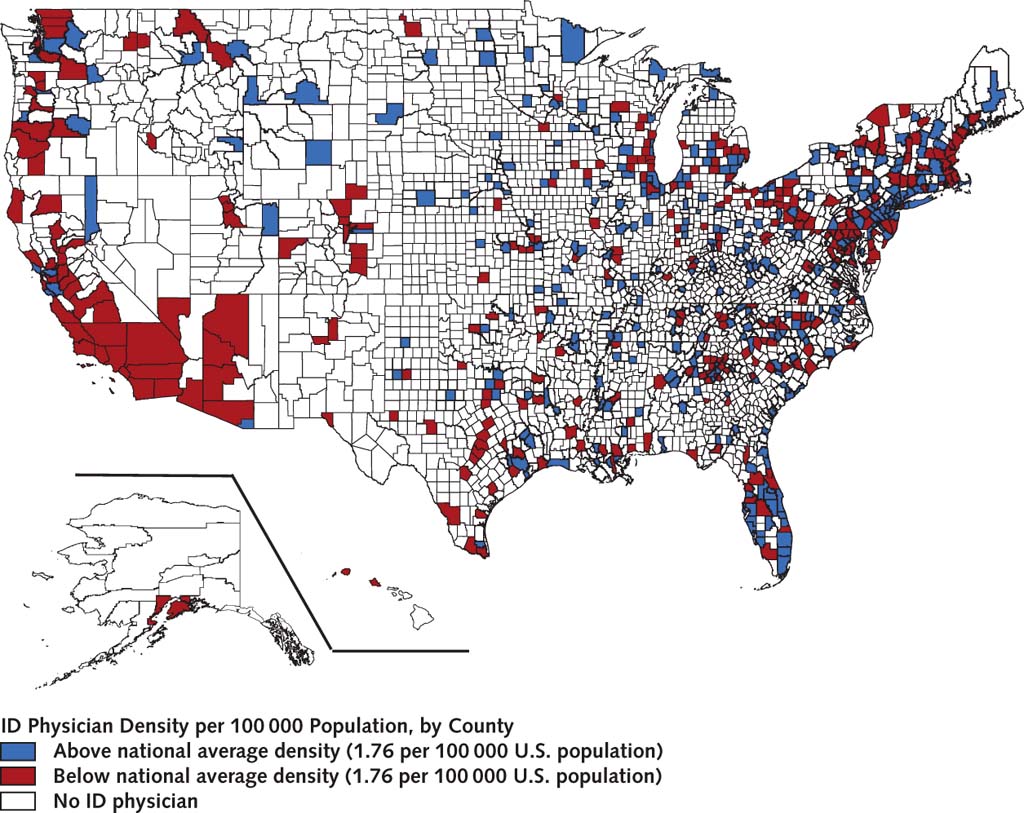
Timely access to infectious disease experts via telemedicine is the ideal solution for virtually every hospital and health system struggling to provide local infectious disease care. Access TeleCare’s programs fully integrate with on-site processes and workflows, arming hospitals with the resources and capacity to care for even the most complex cases and stay prepared for local disease outbreaks or surges in infection rates.
Contact us to learn more about our Infectious Disease programs.


